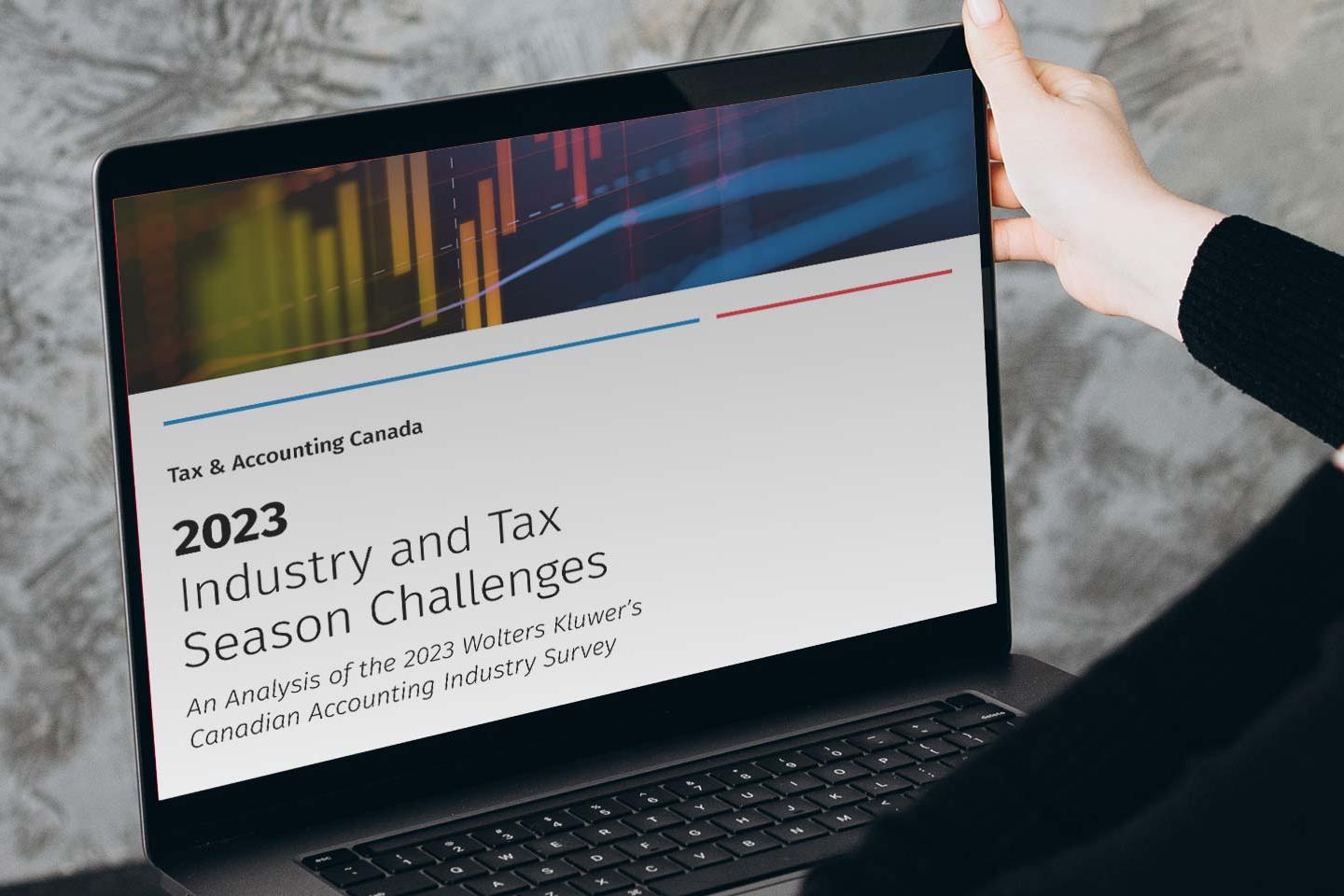Many Canadian corporations form a foreign subsidiary (“Forco”) in zero or low-tax jurisdictions in order to reduce their tax liabilities.
This is a strategy that can work as long as the following four elements are present:
- Forco is not resident in Canada, having regard to common law concepts of corporate residency (“mind and management”).
- The income of Forco is considered to be income from an “active business”, as opposed to “foreign accrual property income” (“FAPI”).
- Forco’s business is not carried on in Canada, and
- The income of Forco cannot be reallocated, in whole or in part, to its Canadian parent, based on the application of Canada’s transfer pricing rules[1].






